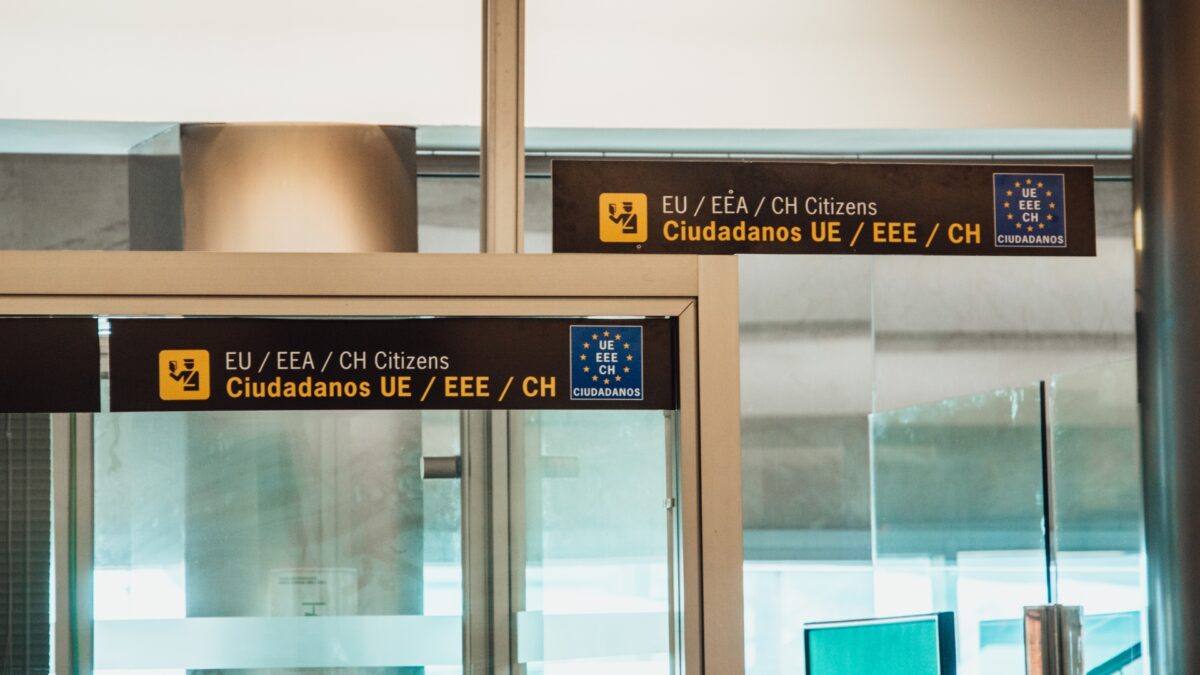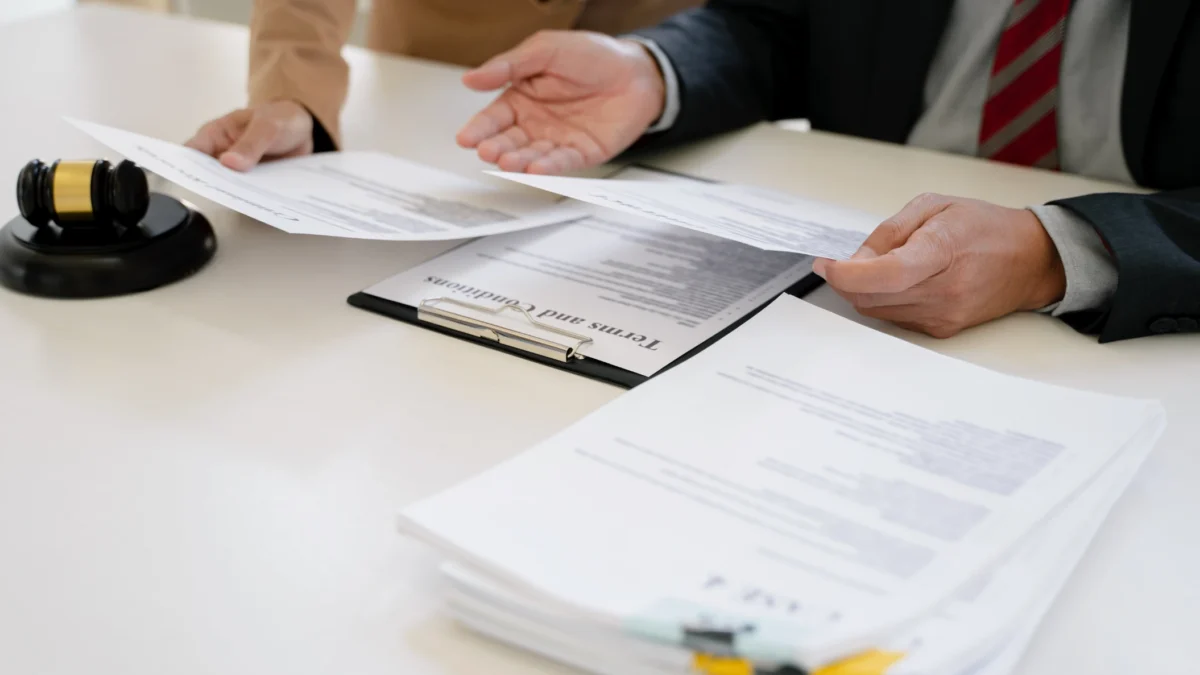More and more foreigners are coming to Poland in search of employment. If you’re one of them, you’re probably wondering how to legalize your stay and work.
In this blog, we’ll discuss in detail every document required for legalizing your stay and employment. We’ll also keep you informed about the latest updates and
changes in the regulations related to residence and work legalization in Poland.
This way, you’ll stay up to date and avoid potential administrative issues. Below, you’ll find specific information to help you safely and legally begin your
professional life in Poland.
1. National Visa Type D – the First Step to Legal Work
If you’re a citizen of a non-EU country, your journey toward legal employment in Poland usually starts with obtaining a National Visa Type D.
What is it?
A document that allows you to stay in Poland for up to 365 days within one year.
What do you need to apply?
- An invitation from the employer,
- An employment contract or a declaration of intent to employ a foreigner,
- A completed visa application form,
- Photos and passport,
- Health insurance.
Where to apply?
At the Polish consulate in your country.
2. Temporary Residence and Work Permit – Longer and More Stable Stay
After arriving in Poland, it’s worth applying for a temporary residence and work permit – this document allows for a longer stay and legal employment (up to 3 years).
What does it provide?
- Legal stay and work without the need to extend your visa,
- Better access to public services (e.g. healthcare).
Required documents:
- Valid passport,
- Employment contract or contract of mandate,
- Proof of residence (e.g. rental agreement),
- Proof of health insurance,
- Completed application to the regional governor’s office (Urząd Wojewódzki).
Where to apply?
At the appropriate Voivodeship Office for your place of residence.
Follow our blog on residence and work legalization in Poland – it’s going to be interesting and very helpful!













